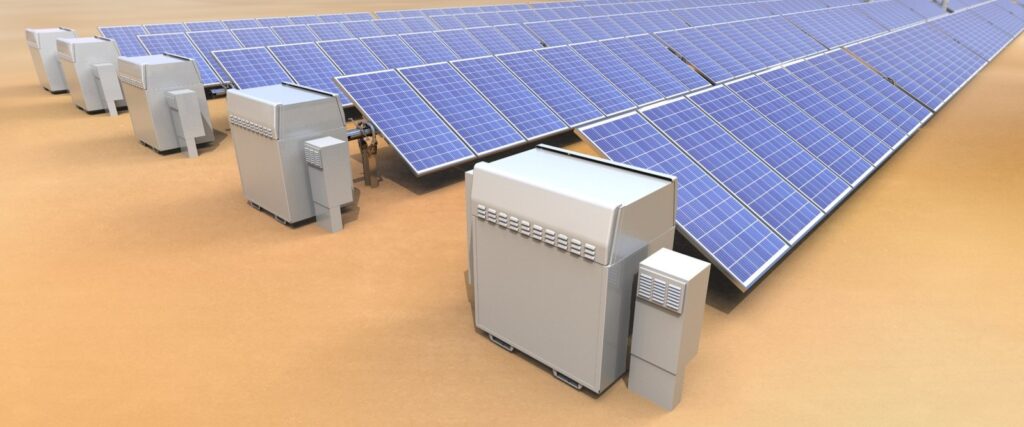Energy storage power stations use a variety of battery technologies depending on factors like the required capacity, discharge rate, and lifespan. Some common types of batteries used in energy storage systems include:
- Lithium-ion batteries: These are widely used due to their high energy density, relatively low maintenance requirements, and scalability. They are commonly found in applications ranging from small-scale residential storage to large utility-scale installations.
- Lead-acid batteries: Although less common for large-scale energy storage projects due to their lower energy density and shorter lifespan compared to lithium-ion batteries, lead-acid batteries are still used in some applications, especially where cost is a primary concern.
- Flow batteries: These batteries store energy in a liquid electrolyte rather than solid electrodes, allowing for potentially longer cycle life and scalability. Flow batteries come in various types such as vanadium redox flow batteries, zinc-bromine flow batteries, and others.
- Sodium-ion batteries: Sodium-ion batteries are being researched as an alternative to lithium-ion batteries, offering potentially lower cost and improved safety. They are still in the early stages of commercialization but may become more prevalent in the future.
- Nickel-based batteries: Nickel-based batteries, such as nickel-cadmium (NiCd) and nickel-metal hydride (NiMH), have been used in some stationary energy storage applications, although they are less common compared to lithium-ion batteries due to factors like lower energy density and environmental concerns with cadmium.
- Advanced and experimental batteries: Research is ongoing into various advanced battery technologies such as solid-state batteries, lithium-sulfur batteries, and others, which could offer improvements in energy density, safety, and lifespan, potentially making them suitable for energy storage applications in the future.
The choice of battery technology depends on factors such as cost, performance requirements, environmental considerations, and the specific needs of the energy storage project.


